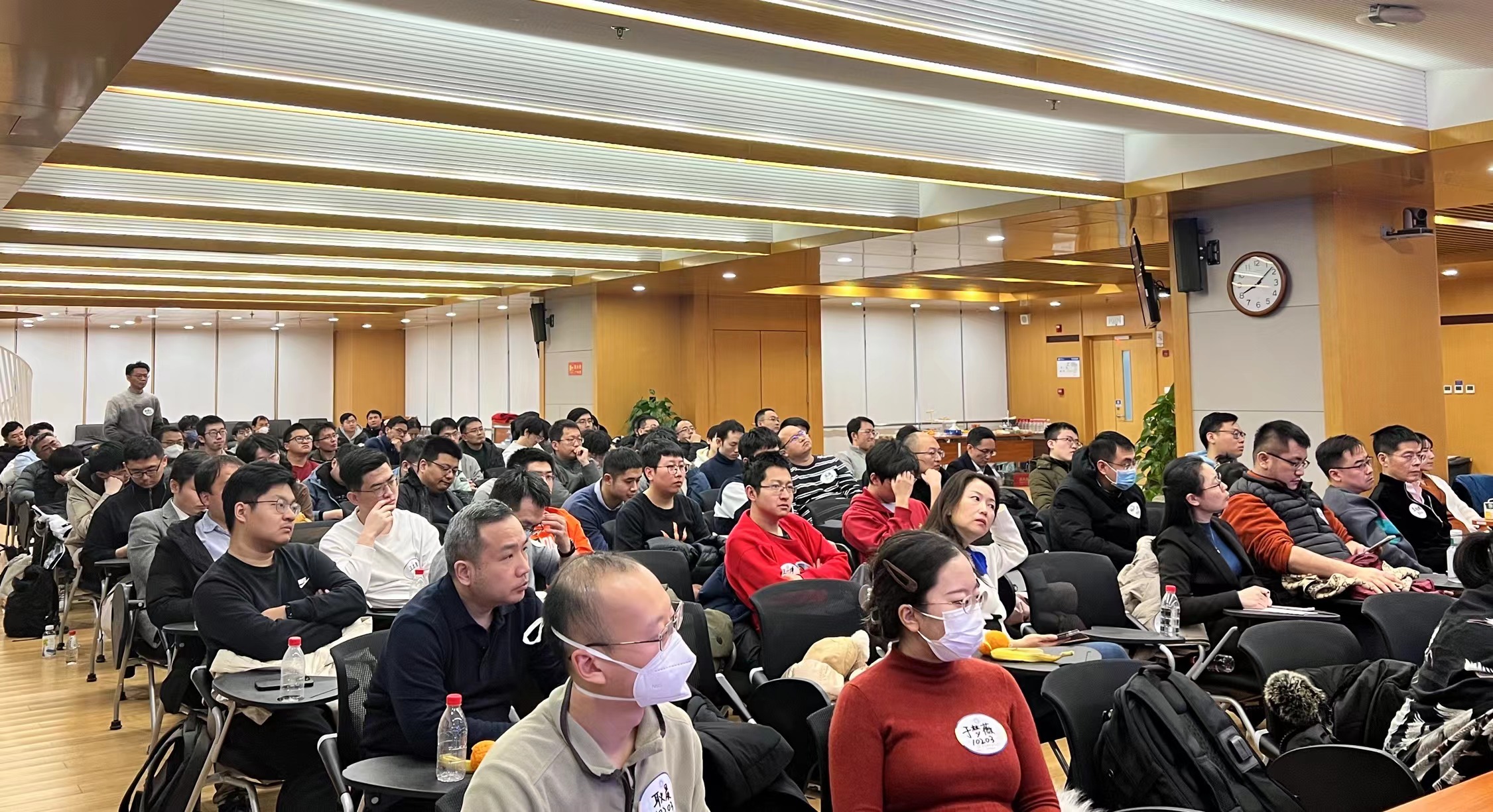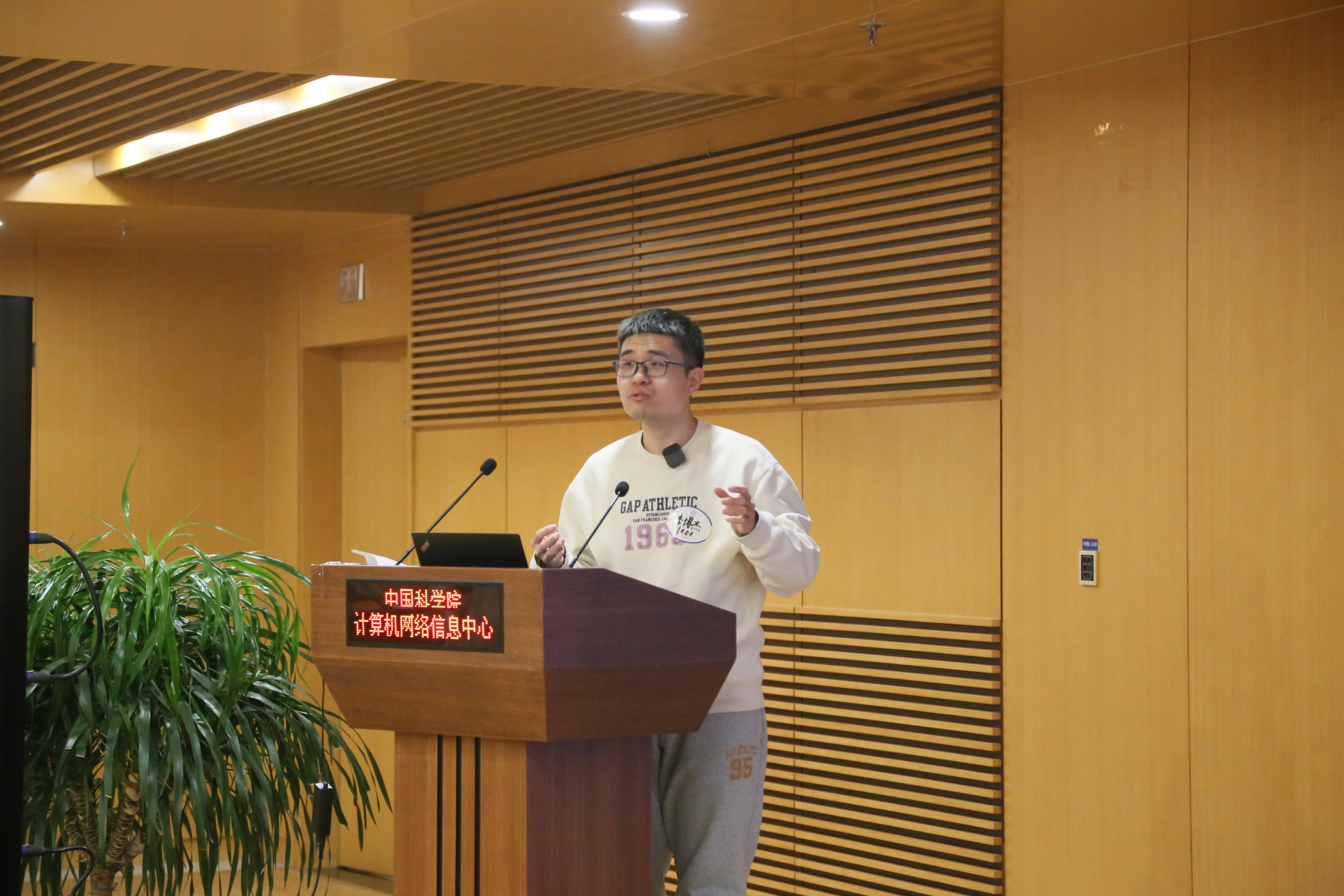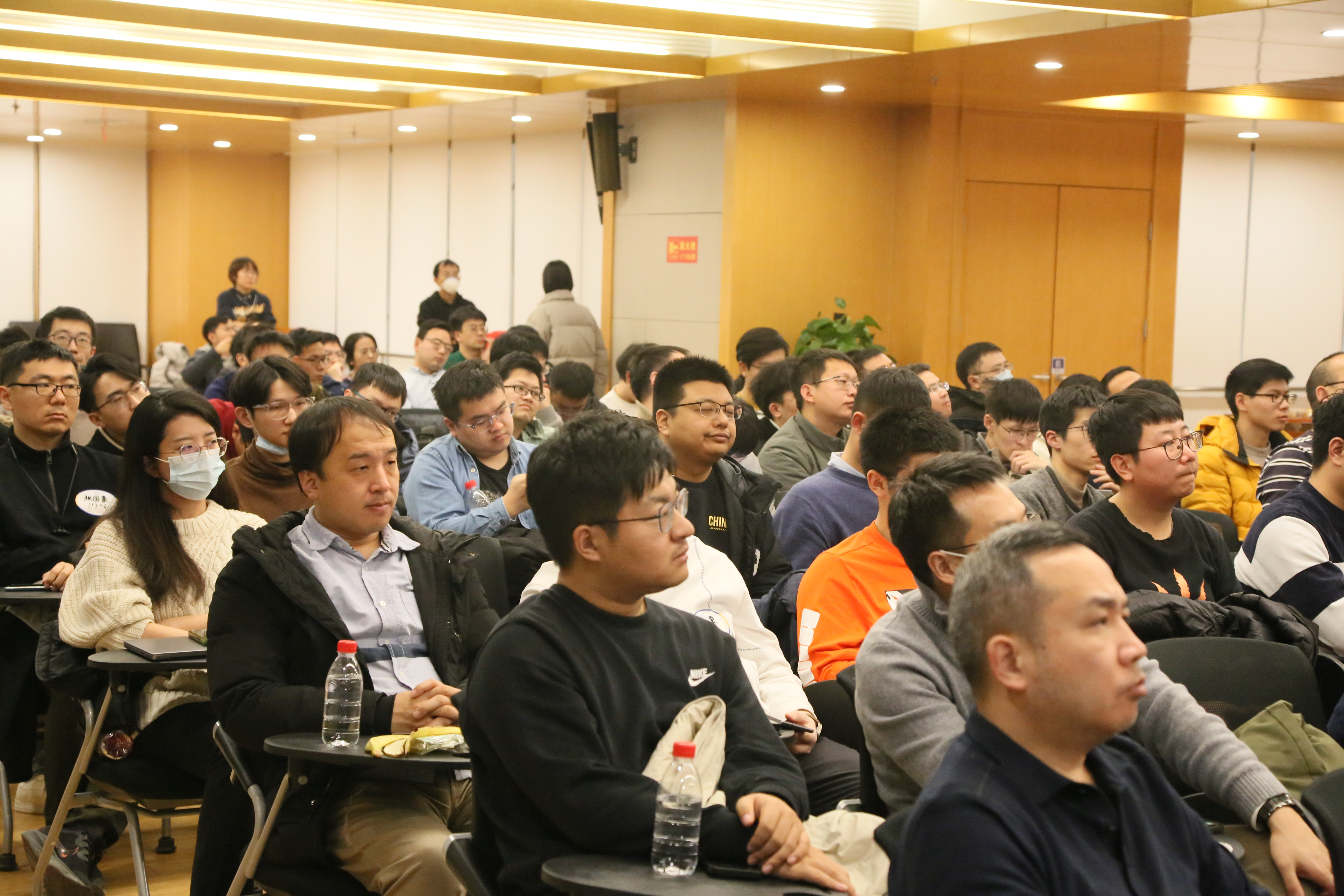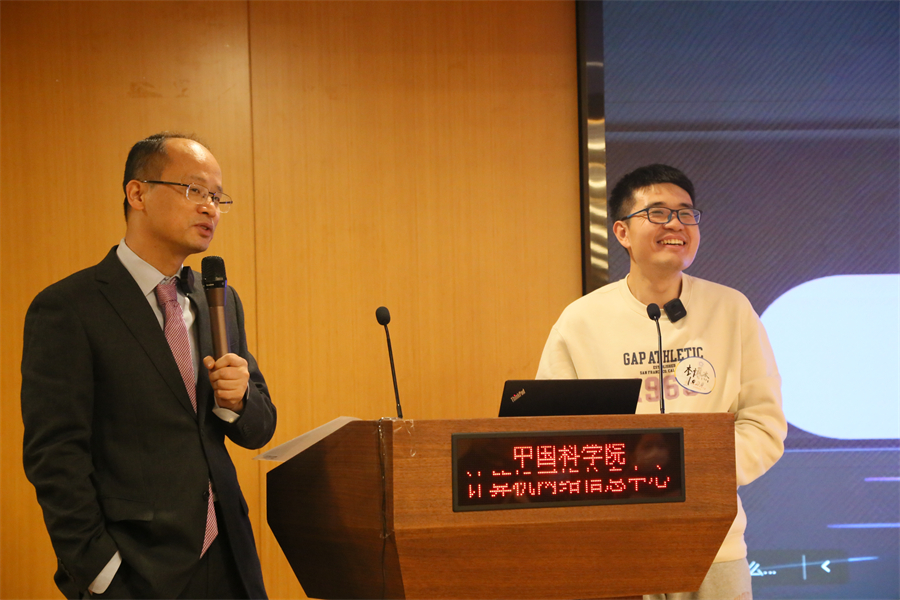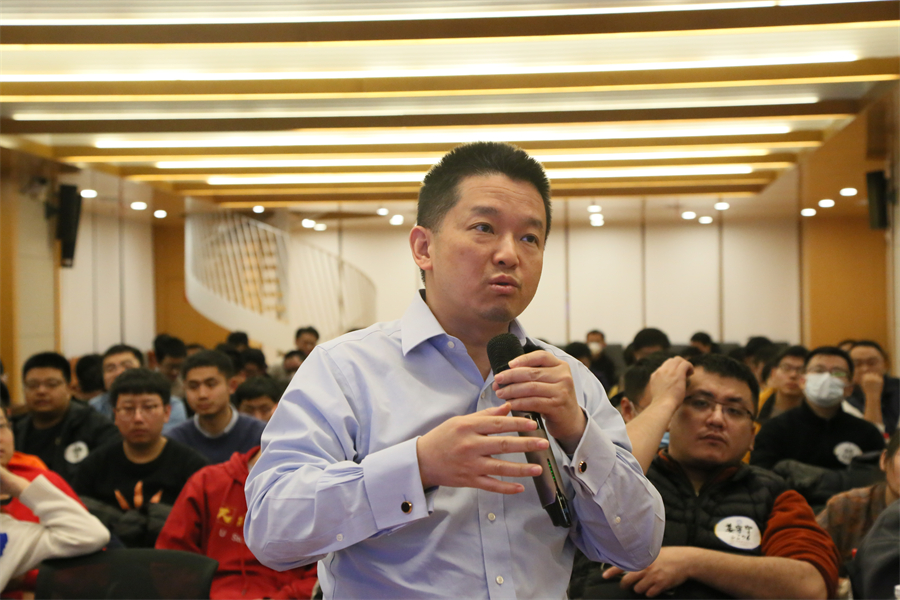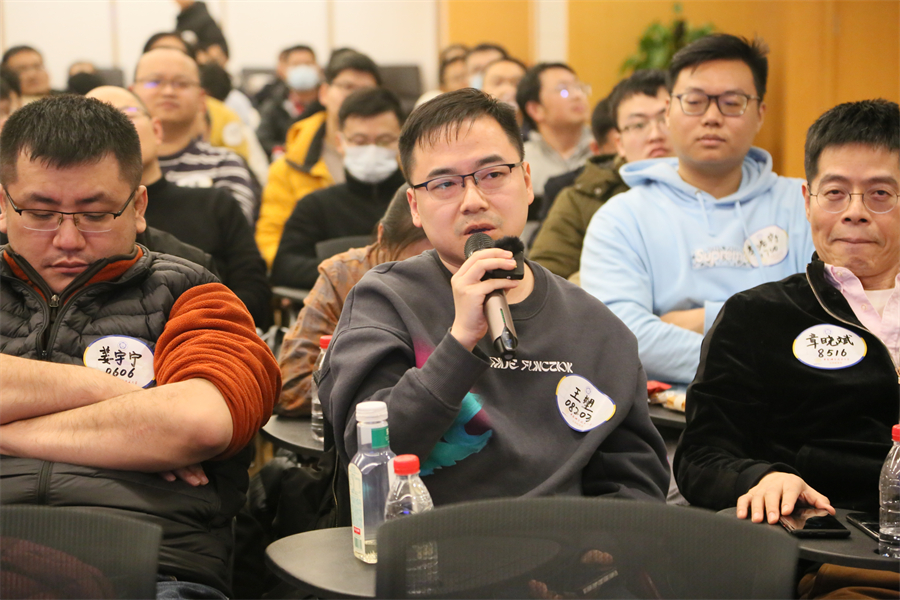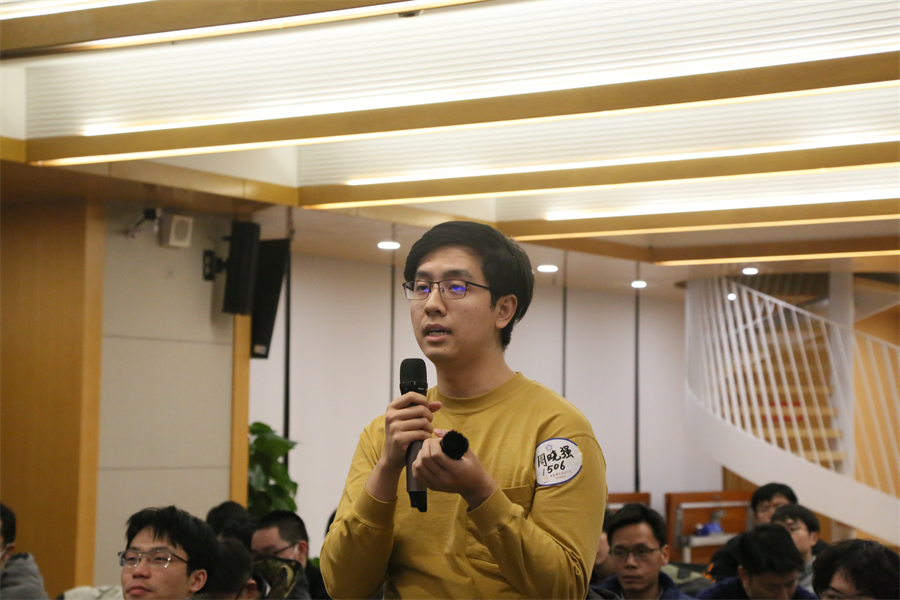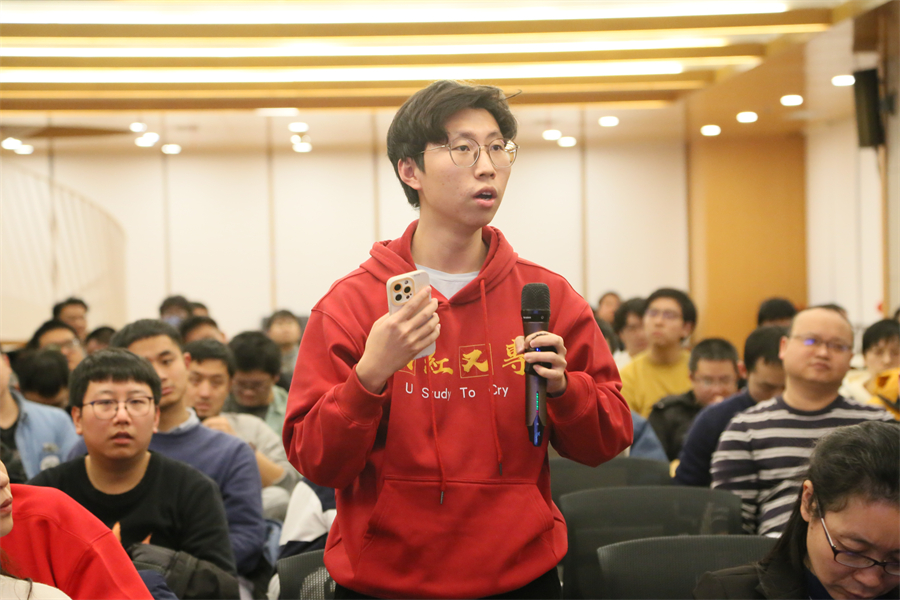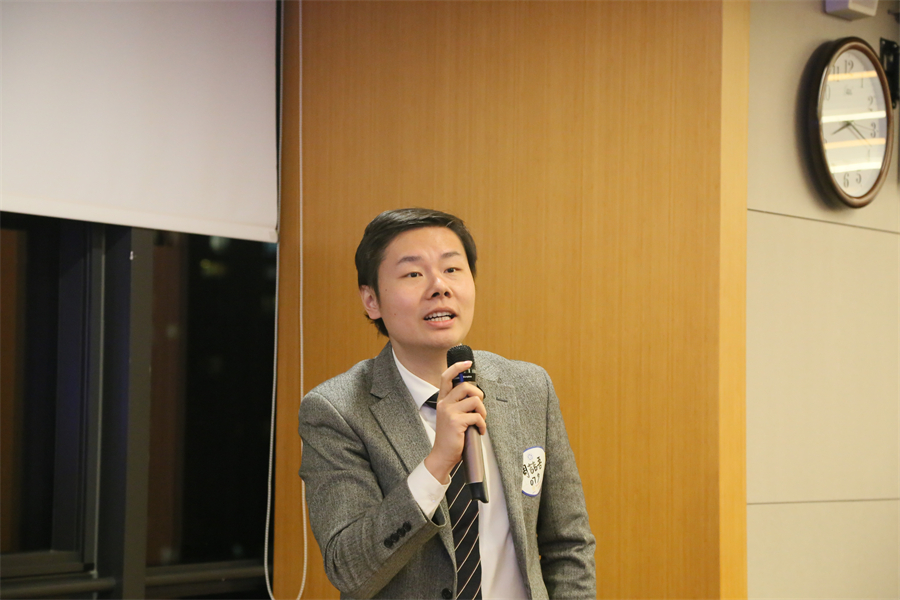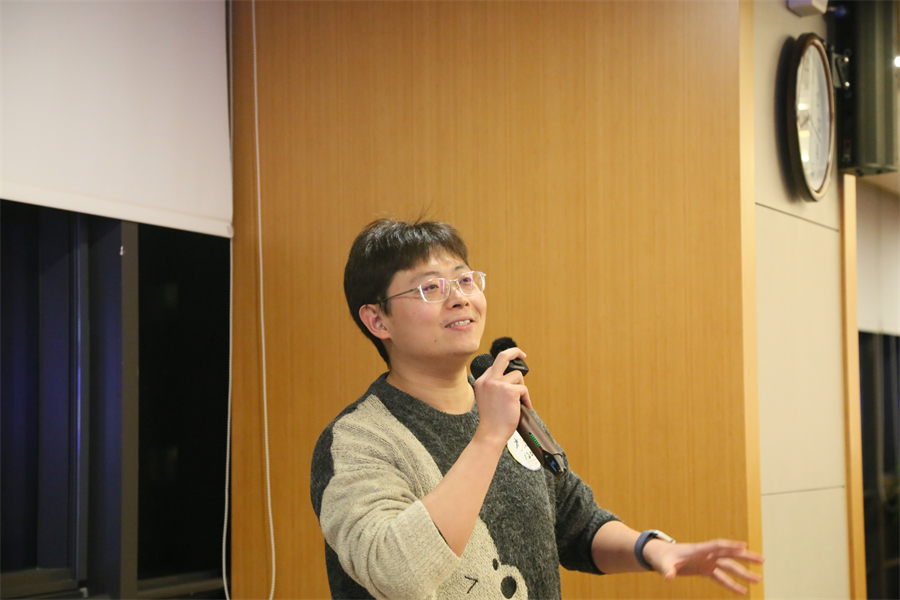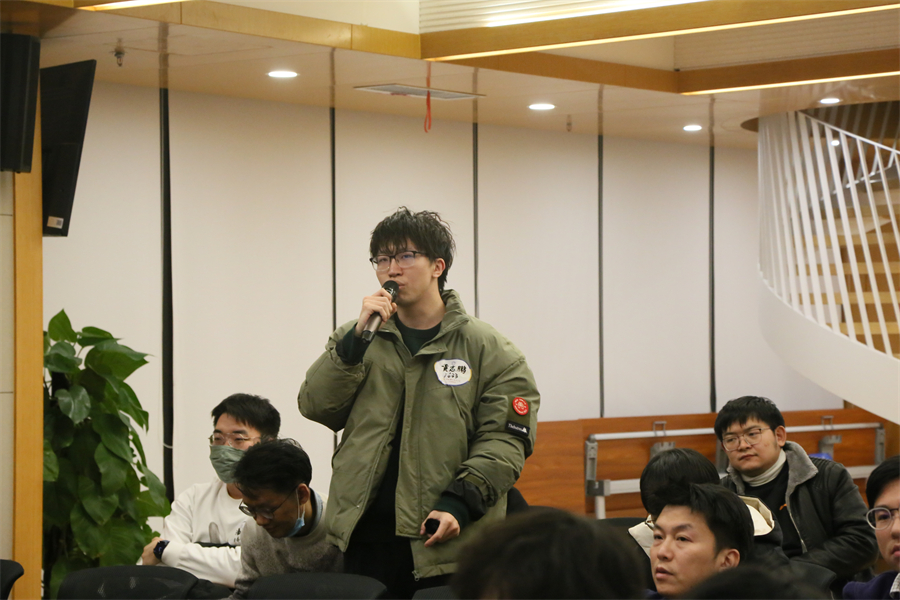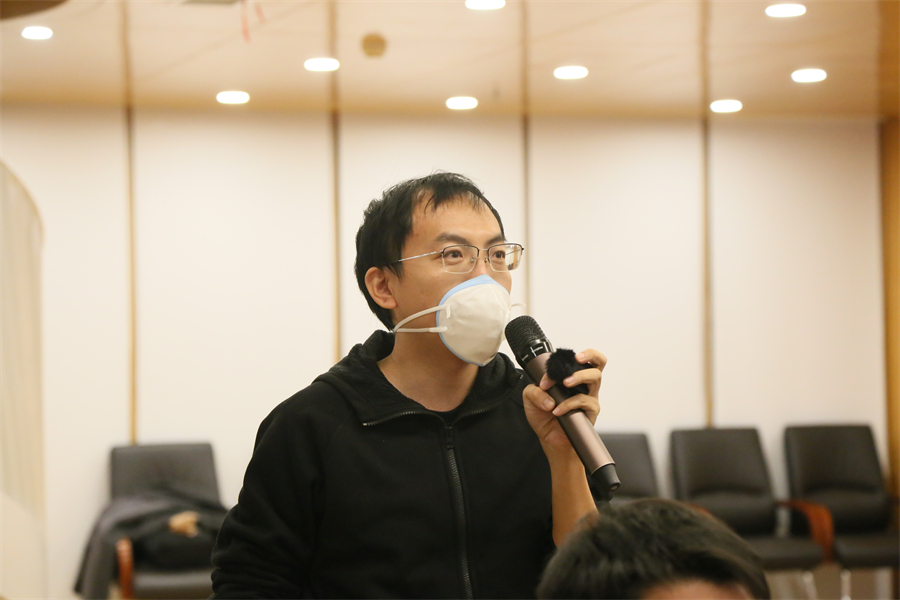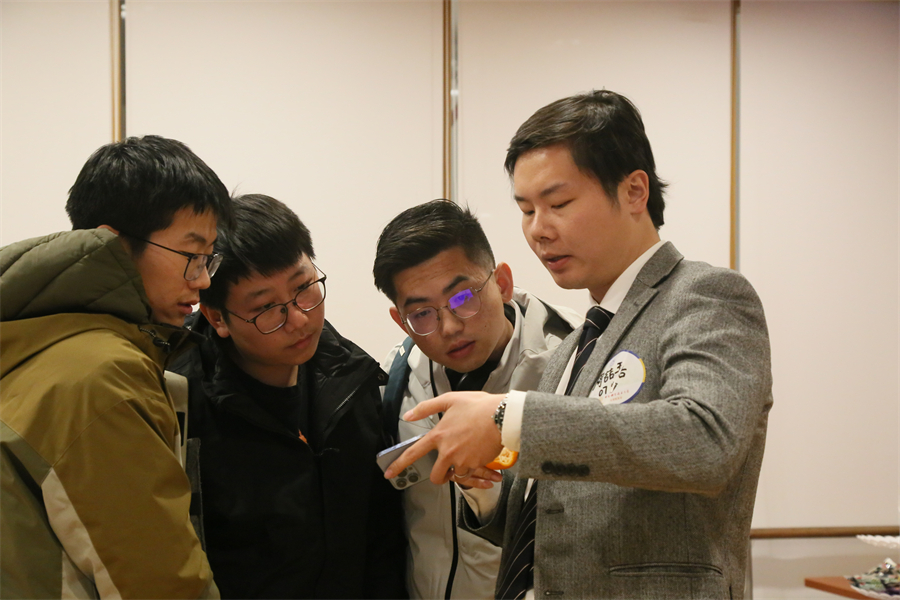Continuous Critical Hits, Teasing the Genius Youth Together? Beijing AI Salon on December 21
(Reprinted from USTC Alumni Foundation)
On December 21, the USTC Beijing Alumni AI Salon was held at the Computer Network Information Center of the Chinese Academy of Sciences. The former Huawei “genius youth” and co-founder of Logenic AI, Li Bojie (1000), delivered a keynote report on “The Next Stop for AI Agents: Interesting or Useful?” sharing with nearly 200 students and alumni both online and offline.
Keynote Report
The report revolved around the theme “AI Agent: Useful or Interesting?” and, combining specific life and work scenarios, analyzed from an “interesting” perspective how to achieve long-term memory of AI agents at a low cost and how to model the internal thought process of humans; from a “useful” perspective, it discussed how to achieve image understanding of AI agents, complex task planning and decomposition, and how to reduce hallucinations. In addition, he also shared his views on how to reduce the inference cost of large models.
Teasing the Genius Youth Together
In the Atlanta alumni WeChat group, some alumni criticized the term “genius youth,” suggesting that exaggerated terms should be avoided to maintain credibility. In fact: This was a recruitment plan launched by Huawei aimed at attracting top talents. From 2019 to 2021, less than 20 “genius youths” were recruited by Huawei. This is standard written language. However, after relaying this question, the host asked: We can verify the mettle of Huawei’s “genius youth” on the spot. Articles such as “Those Killers Are Very Cold” mentioned: Mr. Qian Xuesen’s “Introduction to Interstellar Travel” full-day exam, where 58-level students were carried away; Professor Sun Shuling’s “Combinatorial Mathematics” course, where someone was carried out of the exam room (by Professor Sun Shuling herself, who was standing and proctoring); Professor Ding Zejun had a marathon six-hour exam. The audience could see if Li Bojie could last without eating on the spot, only drinking water (only allowed to drink Nongfu Spring, but no energy drinks), and when he would fall due to physical or mental exhaustion?
The Beijing Alumni Association asked Dr. Li Bojie if he was willing to accept the “triple hit.” That is, three consecutive questions from alumni, without making any written notes; Li Bojie happily accepted the challenge. He even accepted the challenge of a “quadruple hit” after successfully withstanding the “triple hit.” Alumni who asked Li Bojie consecutive questions included a certain young man from the class of 16 (with a heavy Tianjin accent), Zhou Zhe Wu (07 junior class), and Qi Weizhen (1511, a doctoral student at Microsoft Asia Research Institute).
Qi Weizhen was the last to ask questions in the quadruple hit, first swearing “definitely not a plant, just here to make it difficult.” After his question, he deliberately said to increase the difficulty, beginning a minutes-long lengthy statement (noise). Li Bojie withstood more than ten questions in a continuous barrage for 20 minutes, remaining composed.
It is worth emphasizing: The Beijing Alumni Association never announced that it would tease Li Bojie in such a way, it was purely impromptu. Under the attention of nearly 200 alumni and students online and offline, Li Bojie delivered a wonderful report and Q&A session with a high level of professional content.
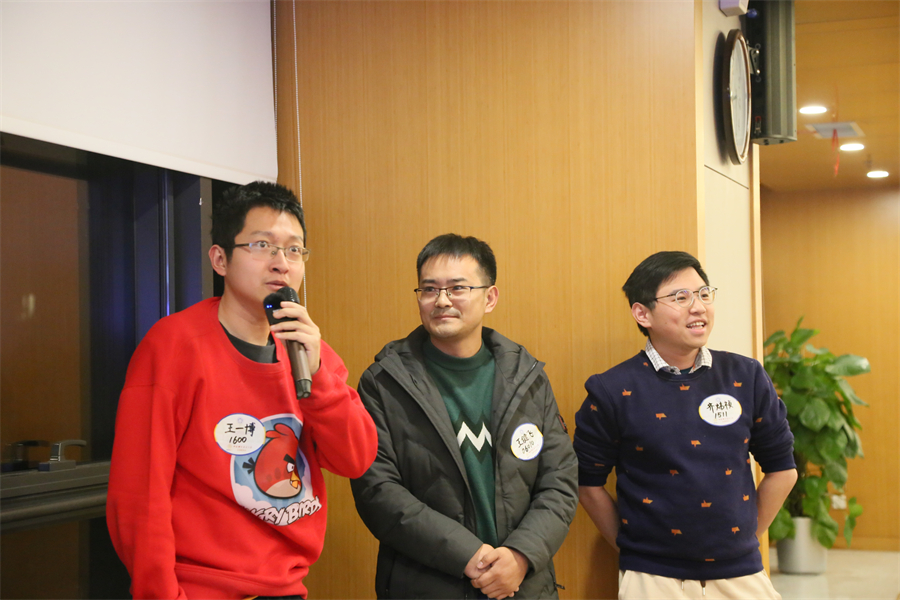
Acknowledgements
This event was jointly organized by the USTC Beijing Alumni Association and the Computer Network Information Center of the Chinese Academy of Sciences. The venue was provided by the Computer Network Information Center, and we thank the center and its staff for their support and assistance. Thanks to the anonymous alumni for their donation to the event fund. We hereby express our gratitude.
